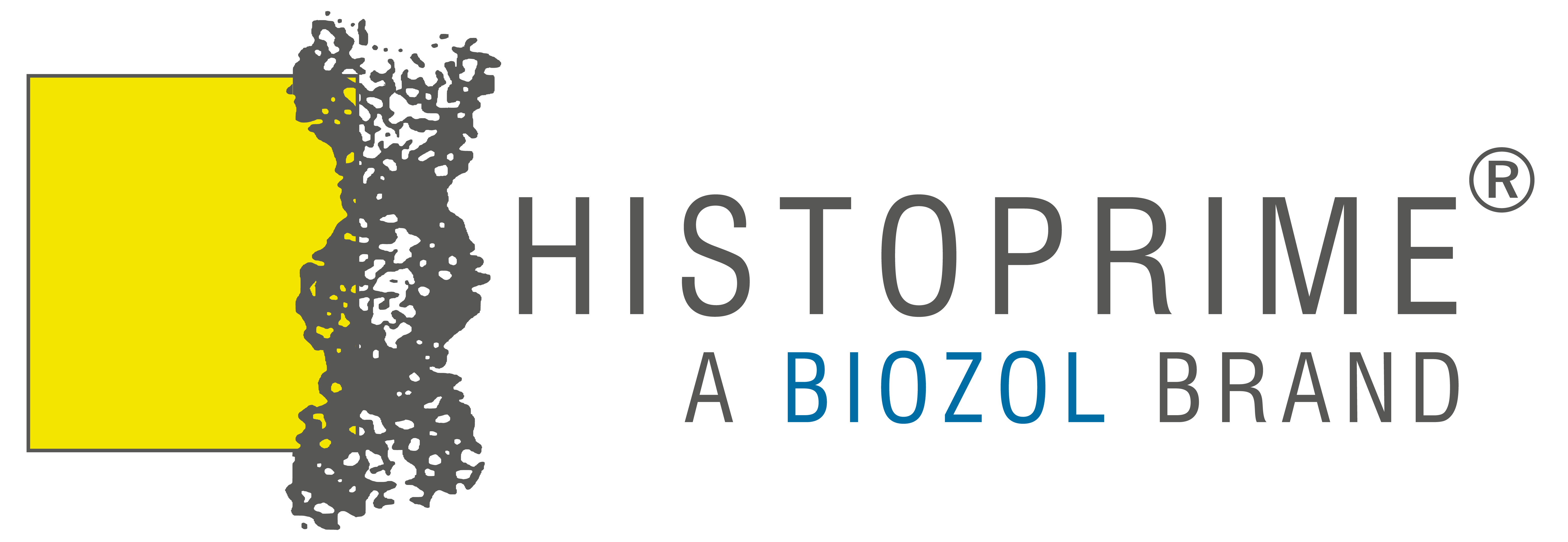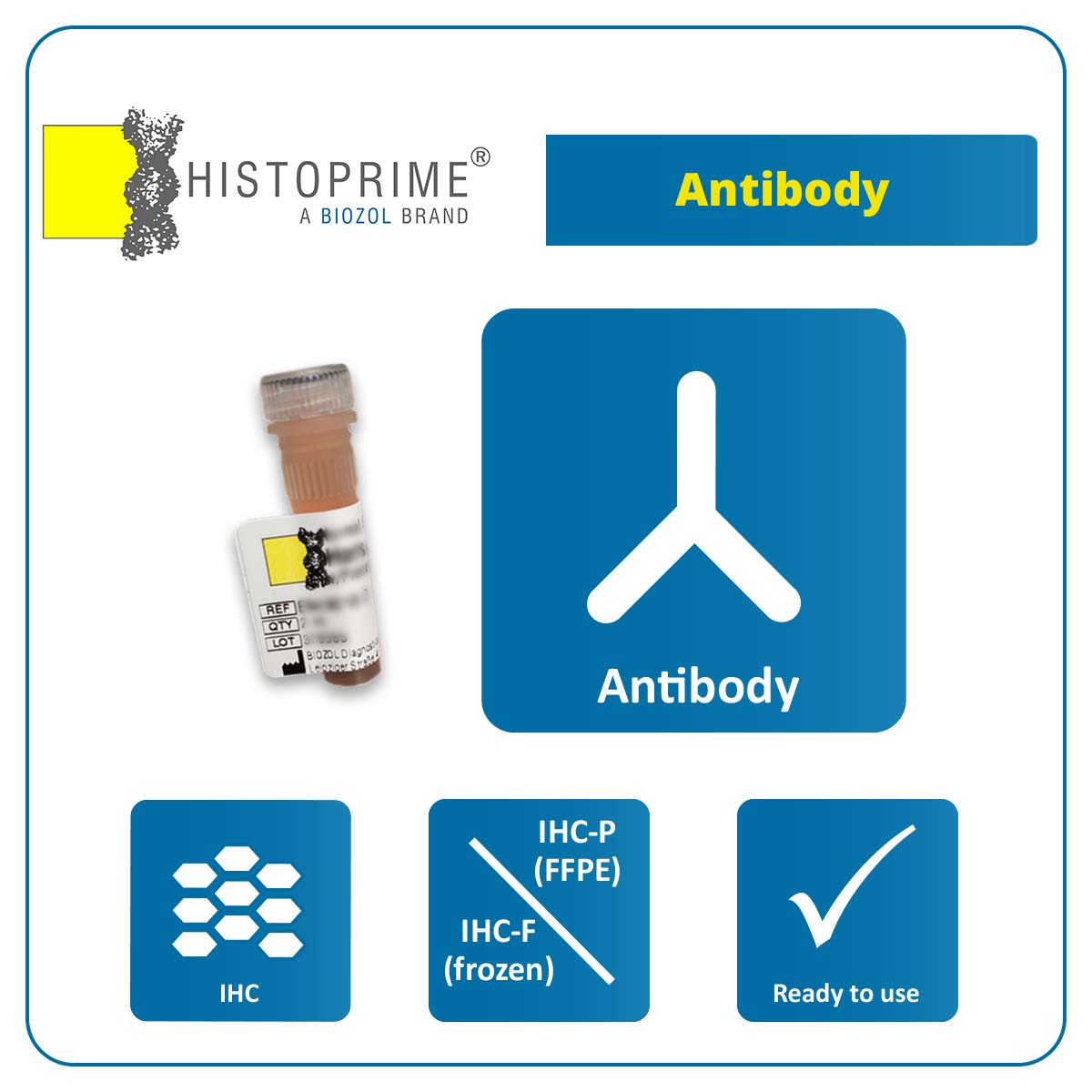Mouse anti-Human CD10 (CALLA) (unconjugated), Clone 56C6, IgG1, Ready-to-use
Ready-to-use Antibody for Immunohistochemistry
Background
The CD10 antigen (CALLA, Common Acute Lymphoblastic Leukemia Antigen) is an integral type II membrane protein with a molecular weight of 100 kDa. CD10 has been identified as a human membrane associated neutral metallo-endopeptidase. Other names include NEP, encephalokinase, or neprilysin. CD10 is expressed by immature B lymphocytes, some immature T lymphocytes, mature granolucocytes, approximately 75% of B-ALL, some T-ALL/TLBL, and all ALL subtypes, among others. Burkitt’s lymphoma and myeloma are also positive for CD10, as are some diffuse large B-cell lymphomas and most follicular lymphomas. Also positive are some tumors of epithelial origin such as carcinomas of the kidney, urinary bladder, prostate, uterus, and liver. Those negative for CD10 include MALT lymphomas and mantle cell lymphomas. CD10 is a commonly used marker for differential diagnosis of lymphoma, but can also be used for further differentiation, e.g., hepatocellular carcinoma vs. liver metastases of other origin.
| Specificity | CD10 (CALLA) |
|---|---|
| Species Reactivity | Human |
| Host / Source | Mouse |
| Isotype | IgG1 |
| Application | IHC-F, IHC-P |
| Clone | 56C6 |
| Antigen | Human CD10 (CALLA) |
| Quantity | 6 ml |
| Format | RTU |
| Storage Temperature | 2-8 °C |
| Shipping Temperature | 20 °C |

